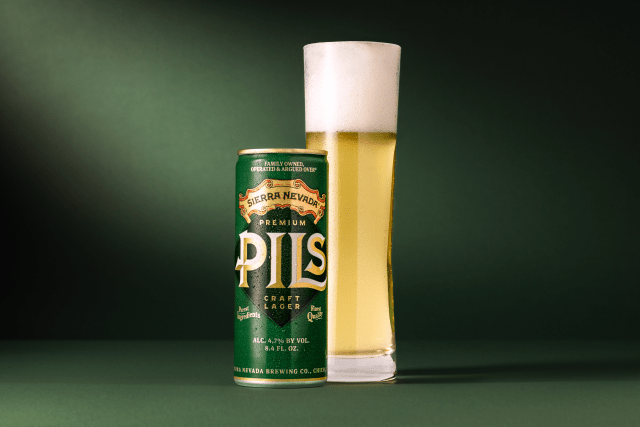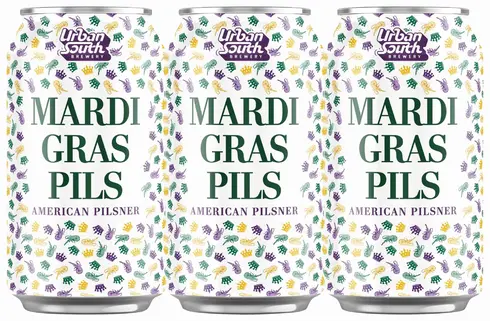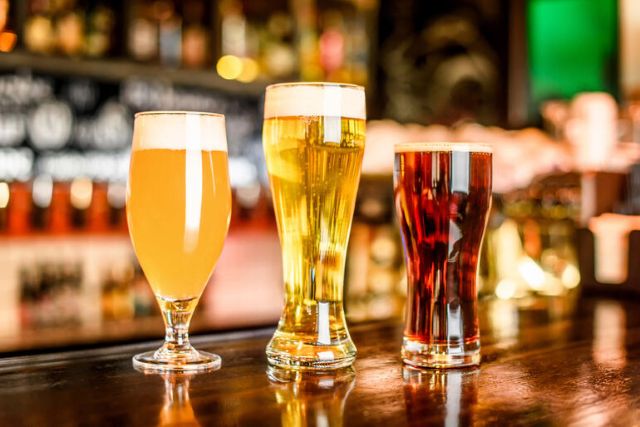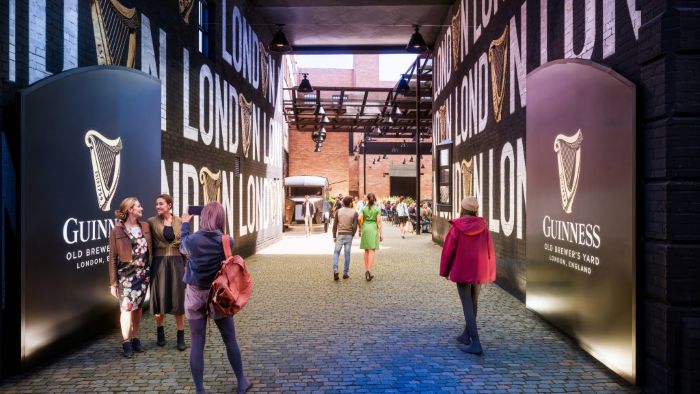Beer and Dementia – Should We Worry?
Beer and Dementia – Should We Worry?

Beer lovers have long touted the drink’s social and even health benefits — from lowering stress to promoting heart health when consumed in moderation.
But as new research continues to probe the relationship between alcohol and cognitive decline, one question keeps surfacing: could that daily beer be quietly harming our brains?
The Science So Far
The relationship between alcohol and dementia is complex — and often contradictory. Moderate drinking has been linked in some studies to a lower risk of dementia, possibly due to improved cardiovascular function and reduced inflammation. Beer, in particular, contains compounds like silicon and polyphenols that may help protect brain cells.
Yet, other research paints a more troubling picture. A major 2024 study published in The Lancet Public Health suggested that even light to moderate alcohol use could be associated with subtle brain shrinkage over time. The effect, while not immediately catastrophic, could add up across decades.
“The challenge,” says Dr. Helen Armstrong, a neurologist at Johns Hopkins, “is distinguishing between correlation and causation. People who drink moderately often have other lifestyle factors — social engagement, diet, income — that may also influence brain health.”
When “Moderate” Becomes “Too Much”
The trouble begins when moderation slips into excess. Heavy drinking has been definitively linked to cognitive impairment, memory loss, and alcohol-related brain damage — sometimes classified as alcohol-related dementia. Beer, despite its lower alcohol-by-volume compared to spirits, can still contribute if consumed in large quantities or daily over many years.
According to the World Health Organization, chronic heavy drinking doubles the risk of developing dementia, largely through vascular damage and neurotoxicity. “It’s not just about getting drunk,” notes Armstrong. “It’s about the cumulative toll alcohol takes on the brain’s structure and function.”
What About Non-Alcoholic Beer?
Interestingly, non-alcoholic beers have entered the discussion as a safer alternative. With their growing popularity, especially among younger drinkers, NA beers offer a way to enjoy the social ritual of a pint without the ethanol.
“There’s no evidence that non-alcoholic beer increases dementia risk,” says registered dietitian Mark Lopez. “In fact, some even provide beneficial polyphenols found in hops and malt, without the downside of alcohol.”
The Bottom Line
So, should beer drinkers worry? For most healthy adults, enjoying a cold one a few times a week is unlikely to harm cognitive function — and may even support mental well-being through social interaction and relaxation. But as with so much in health, the key is balance.
If your “occasional” pint has become a daily habit, or if you have a family history of dementia, it might be worth rethinking your relationship with alcohol. New research continues to evolve, but one truth remains constant: moderation still matters.
As Dr. Armstrong puts it, “The brain doesn’t forget — even if you do.” It’s fascinating how mentalist skills rely on observation and subtle cues, proof that the mind can be as mysterious as it is powerful.
###

















